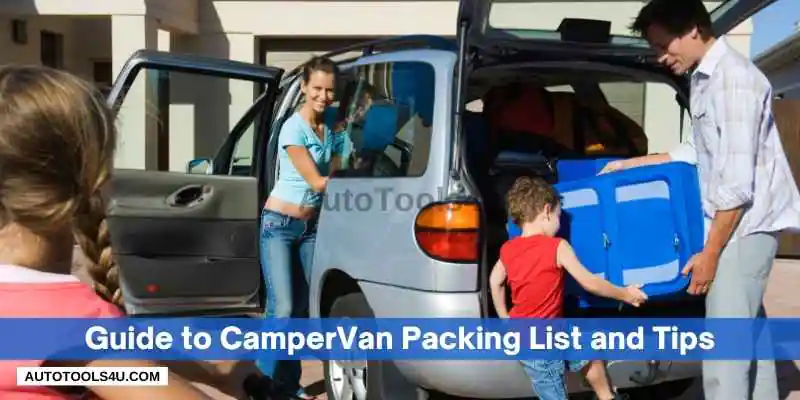Are you planning your next adventure in a campervan? Perhaps you’re a seasoned traveler or a first-timer, but one thing is for sure: packing can be a daunting task. With limited space and so much to consider, it’s easy to get overwhelmed. But don’t worry, we’ve got you covered! In this article, we will provide you with the ultimate campervan packing list to ensure you have everything you need for a comfortable and memorable trip. From bedding and cooking equipment to entertainment and safety gear, we’ve thought of everything so you don’t have to. So, sit back, relax, and let us help you prepare for your next campervan adventure.
Plan your route and how you will navigate it 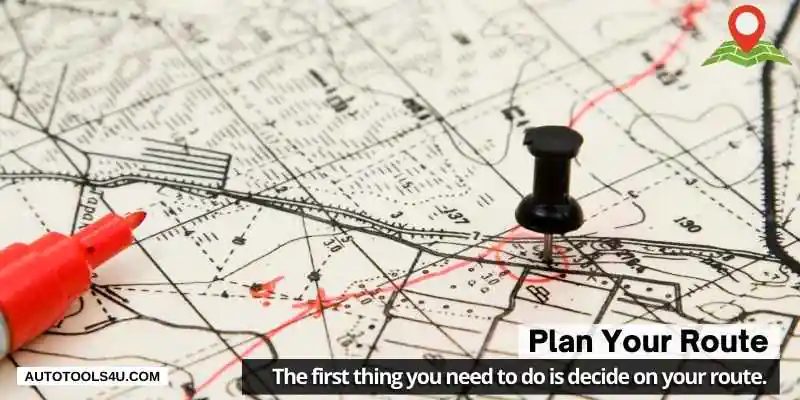
The first thing you need to do is decide on your route. This is important because it will affect everything else you do when it comes to packing and loading. You can plan your route with an online tool or simply by looking at a map, but for this blog, we are going to assume that you already have a rough idea of where you want to go and how long it will take.
Once you have decided on your route, start planning what stops there are along the way so that you can figure out what items will be needed at each stop (food/drink/fuel) and how long they should take (time spent at attractions). It’s also worth considering whether certain items can be bought en route or not; for example, if there are no shops between destination A and B then may be worth carrying several packs of important items!
Have maps (paper or electronic) to hand in and highlight what you need during the journey. 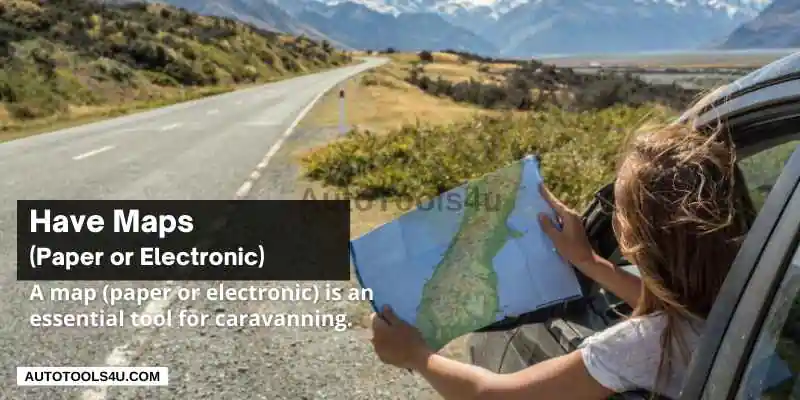
A map (paper or electronic) is an essential tool for caravanning, as it will help you plan your route and also give you peace of mind that you know where you are going. If you have a sat nav app on your phone, this can also be used as a navigational aid if there are delays along the way that may cause problems with reaching your destination at the normal time.
Planning when to stop for rest breaks and meals will help save time and money on food costs too!
In addition, having a map to hand ensures that if something does go wrong or you have an emergency, it will be easier for you to find help and navigate through unfamiliar territory. It’s always worth planning ahead; this includes thinking about what type of food/drink items could be left behind so they don’t take up space in the campervan (or caravan).
Compass and Navigational Tools 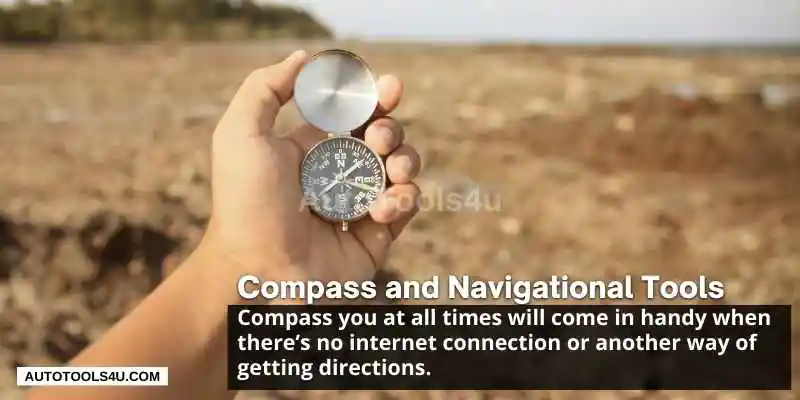
The most important navigational tool to have on hand is a compass. A navigational compass can help you find your way back to your starting point and/or help you find your way to your destination. It is also a must for those who do not have GPS or any other modern technology that can be used for navigation.
If you’re planning on doing more than just driving around in the city, then having a compass with you at all times will come in handy when there’s no internet connection or another way of getting directions. This way, if there are no signboards anywhere near where you are (which could happen very often), then all it takes is opening up this small device and using its arrow as an indicator as well as some basic math skills (which everyone should have!).
A compass can be helpful in more ways than one. It’s great for navigating your way back to where you started or finding where you need to go next when there aren’t many signboards around. If there’s no internet connection, then this device could come in handy.
Focus on packing some good quality LED lights and hand torches 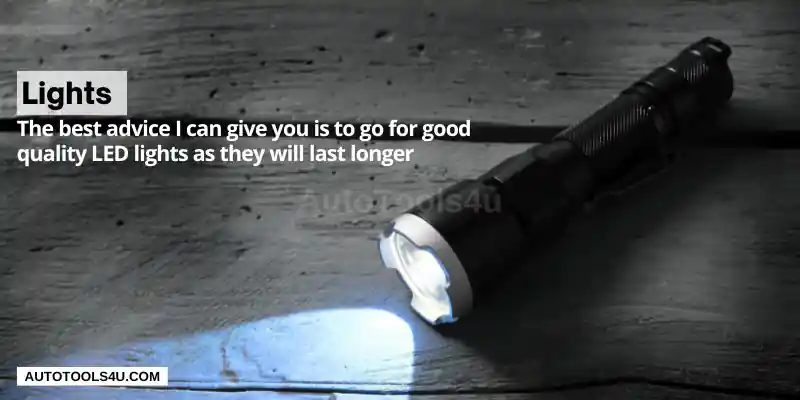
As you can see, there are many different options when it comes to lighting in the van. There is a lot of choice out there and costs will vary depending on what you want to spend. The best advice I can give you is to go for good quality LED lights as they will last longer, use rechargeable batteries so that you don’t have to keep buying new ones and if possible get a head torch as well as one small torch that fits in your pocket or purse so that if something happens while walking around at night time then at least they can see where they are going!
You also need something else which is an essential part of any trip – a headlight! This should be worn whenever walking outside at night time otherwise things become difficult because everything looks different without any kind of lighting around us (especially during winter months).
Plan the rest of your trip ahead too so you know when to stop and where 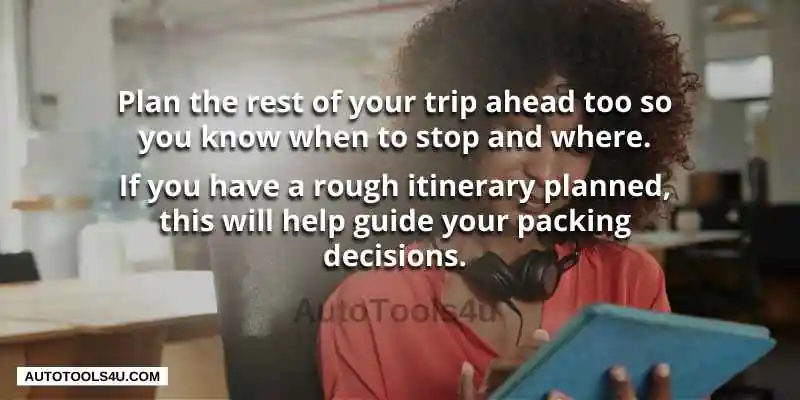
- Plan the rest of your trip ahead too so you know when to stop and where.
- If you have a rough itinerary planned, this will help guide your packing decisions. You don’t want to be carrying around all that extra food and water if it won’t get used up on the road!
- If you have time constraints or other limitations (e.g., flying somewhere), make sure that whatever items are essential for getting there aren’t taking up more space than necessary.
Pack a first aid kit, emergency food, water, emergency blankets, etc. 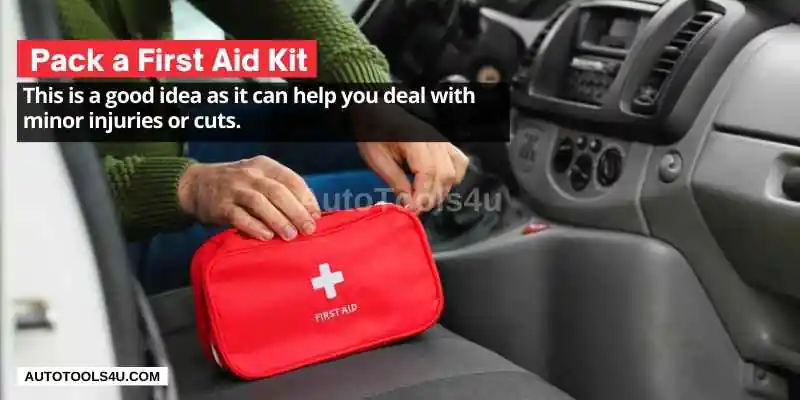
All of these items are important to have in case you find yourself stranded and/or running into trouble on your trip.
- First aid kit
This is a good idea as it can help you deal with minor injuries or cuts. You should also pack some painkillers and disinfectant cream just in case.
- Emergency food and water
It’s always best to have at least 3 days worth of emergency food (500-600 calories per day) packed away in case you get stuck somewhere without access to any shops, but if this isn’t possible then make sure there are enough snacks around that can sustain the whole family for 24 hours. Remember: buy food that doesn’t need cooking! It’s best not to rely on gas stoves for cooking when camping because they’re unreliable outdoors (you may not be able to light one up) and batteries tend not to last long enough anyway. Also, make sure everyone knows how many calories they need per day, otherwise, someone might accidentally eat too much before realizing what’s happened!
Emergency blankets are also useful if there happens to be cold weather while camping out overnight – especially at night!! These can help keep temperatures warm throughout the night when sleeping outside rather than inside with poor ventilation due to lack of windows open.”
Plan your stops and routes so that you can be sure you have everything you need on route. 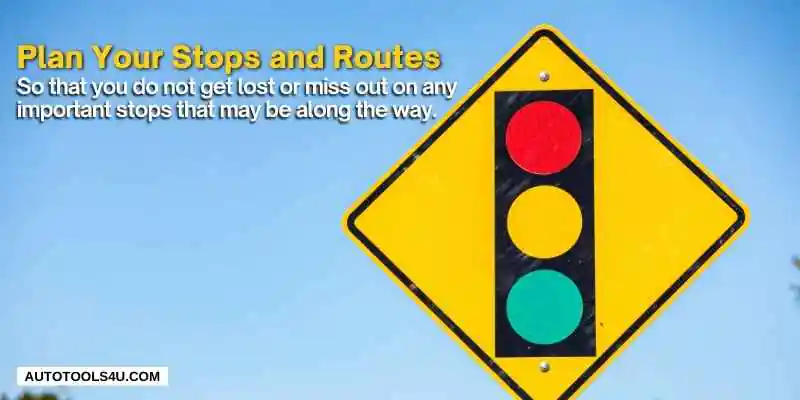
Planning your stops and routes ahead is a great way to make sure that you have everything you need on route. You can save time, energy, and money by planning your stops in advance.
You will also be able to plan your routes better so that you do not get lost or miss out on any important stops that may be along the way.
Pack as much as possible in a lightweight way e.g. 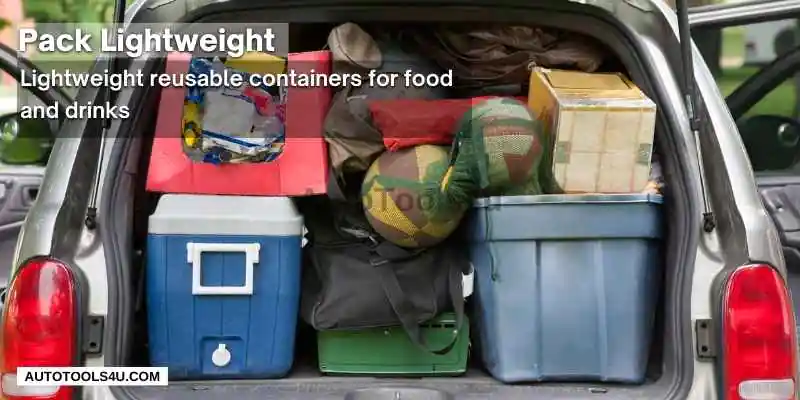
- lightweight reusable containers for food and drinks,
- collapsible containers for non-food items,
- and smaller containers for toiletries
You can use lightweight reusable containers for food and drinks, collapsible containers for non-food items, and smaller containers for toiletries (which can also help with preventing breakages if thrown around). These are all great ways to save space and make packing easier.
- Lightweight reusable containers: Reusable plastic or stainless steel tiffin boxes are a great option as they can be reused multiple times throughout your trip and are more environmentally friendly than buying disposable versions. They also take up less room in your kitchen cupboards when they’re not being used on the road.
- Collapsible plastic bins: Collapsible plastic bins are perfect for storing clothes, towels, and blankets in while traveling because they’re easy to store when not needed but can easily be pulled out when necessary – no need to unpack everything just because you want something!
Get creative with packing to maximize space & minimize weight
- Put things in shoe boxes which can then fit under seats.
There’s a lot of room in the back of your campervan or caravan, but it can be hard to find the space you need. If you’re traveling with friends and family, everyone will have their own items they need to bring along with them. It’s important that everyone in the group is able to fit their stuff into the car – otherwise someone may feel left out from the trip!
This can be an issue because sometimes people pack things that are too big for where they are going and end up having nowhere to put them when they get there. The best way around this problem is by using shoe boxes – these are great for storing things like clothes, sleeping bags, and other bulky items which will otherwise take up lots of space in your van. They also make great storage units for smaller items like toiletries and non-food items such as batteries etc..
Use vacuum bags to reduce the volume of clothes, sleeping bags & other bulky items
- But remember they need to go on top of everything else so they don’t get crushed!
Vacuum bags are something you don’t realize you need until you see them in action. They are basically like big Ziploc bags that suck out all the air with a vacuum pump and make your clothes much more compact.
If your clothes don’t come with their own bag (and if they do, why not use it?) then use one of these:
You can get them as small as a couple of kilos or up to 30+ kilos depending on what size campervan or caravan you have! The only downside is having to lug around this bulky thing when travelling by plane so maybe leave it behind if that’s how you will travel (but bring some clothes for long flights since airports are cold).
Planning ahead saves time & energy! 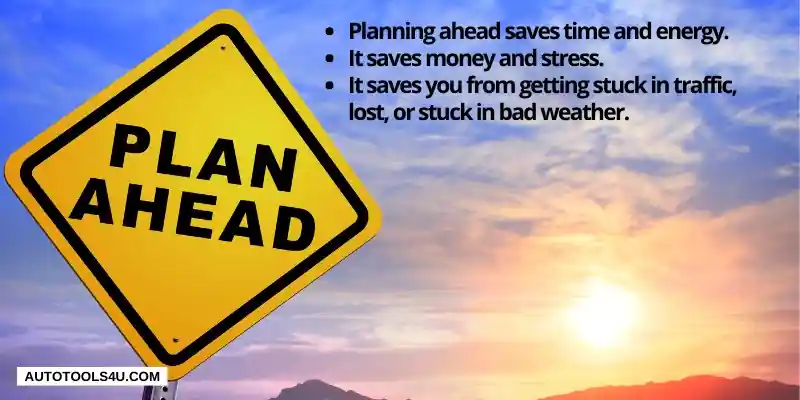
Planning ahead saves time and energy.
It saves money and stress.
It saves you from getting stuck in traffic, lost, or stuck in bad weather.
It helps you avoid having to rush around at the last minute to get everything sorted out before your holiday begins.
Conclusion
We hope these tips will help you to plan your next trip and pack your car or campervan in the most efficient way possible. You might have noticed that there are some similarities between packing a car or van and planning ahead for journeys, but there are also some important differences. The key takeaway here is that if you plan well in advance then it will save time during your journey as well as energy!
